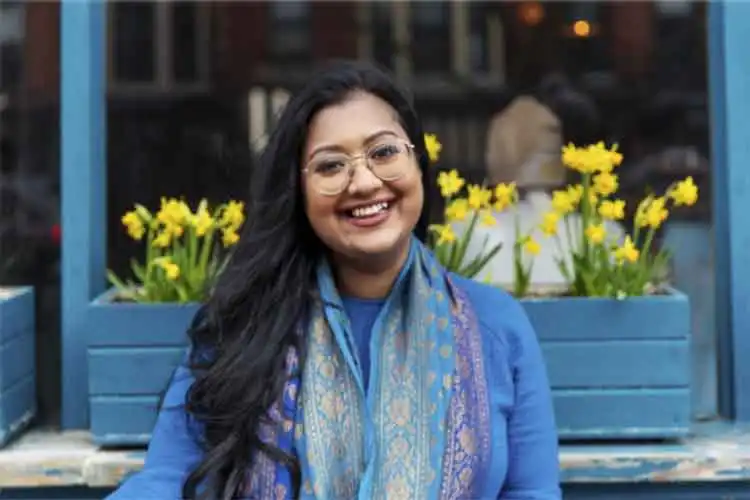New York
Asian-Americans have created history by getting elected in record numbers to the Councils of major US cities. The 'Firsts' made headlines across the country, including in cities as diverse as New York. This year, marked the highest percentage of Asian American Pacific Islands (AAPI) representation that the Council has ever achieved. This time the New York City Council welcomed not one, but five Asian Americans; Shahana Hanif being one among them.
Hanif is not only one of the first South Asians elected, but also the first Muslim woman to be elected to the New York City council. Local media showed a lot of interest in her and asked her about life and motivation.
How did your upbringing as a Bangladeshi American Muslim influence your decision to enter politics?
“I was born and raised in Kensington, the largest Bangladeshi Muslim enclave in Brooklyn, and I cannot imagine entering politics anywhere else. My life experiences as a Bangladeshi American Muslim in Brooklyn politicized me for being the woman I am today and influenced my decision to run for office.
Hanif said that her upbringing allowed her to see how politics and civic engagement in New York City 'failed to address the needs of those who are most marginalised’. She noted that her school district of hers. 'are deeply segregated by race and class,' that 'the more affluent neighborhoods around have more robust public services and open spaces,' and that 'government outreach and programs for non-English-speaking community members throughout the district' I am not accessible.
“We deserve a government that does not rest until the working-class people are freed from the violent system of oppression that causes pain and loss,” Hanif said. “Local government can seek out our communities block by block, and I am fighting for that kind of government.’
When asked about the importance of being the first Muslim woman in New York City, Hanif spoke about her experience after 9/11.
“I was politicized during 9/11 and my fight for liberation lies in building power with Muslim Americans and faith communities. After 9/11, the Patriot Act and the expansion of homeland security systems across America brought a wave of surveillance and targeting of Muslim families, community organizations, campuses, and mosques. Muslim kids on my block and I gathered to do something: We wrote to the then President Bush, demanding protection, security for Muslim youth like us who want to grow up in the city without any supervision and discrimination.
“We never heard from him, but we kept seeing him because we learned we needed to keep each other and our families safe. Years later, and in the wake of continued racial and xenophobic violence, I co-founded the Muslim Writers Collective, which draws from a deep history in New York City and the Muslim feminist organization, to share my stories and strategies for resilience and joy. And I know how powerful it is to hold this position and have a responsibility to advocate for and drive change for my communities.
Hanif also shared that her passion for healthcare and access to language ignited two issues that are her priority.
“My story is familiar to many people who are living with chronic illness and disabilities. I am a lupus survivor and since my diagnosis at age 17, I have not rested in the fight to create a feminist, livable city that fundamentally prioritizes physical and mental health care and language access for all. gives. Lupus almost killed me and took a toll on my physical and emotional health. I took months of aggressive chemotherapy, lost all my hair, developed a chronic joint disease, and was left bedridden in hospitals and at home.
“My immigrant family, not having the English proficiency to navigate an ambiguous health care system, was left at the mercy of a careless bureaucracy. I fought for my life.
“My disability justice advocacy has taught me the importance of leadership and policy, which focuses on care and access. I had to do crowdfunding at a young age to pay for my medical expenses. I was battling serious self-esteem issues, while my body was deteriorating from the disability.
“I applied for Access-a-Ride and was rejected. As a disabled Brooklyn College student, I worked closely with the Center for Student Disability Services to fully understand my rights.”

